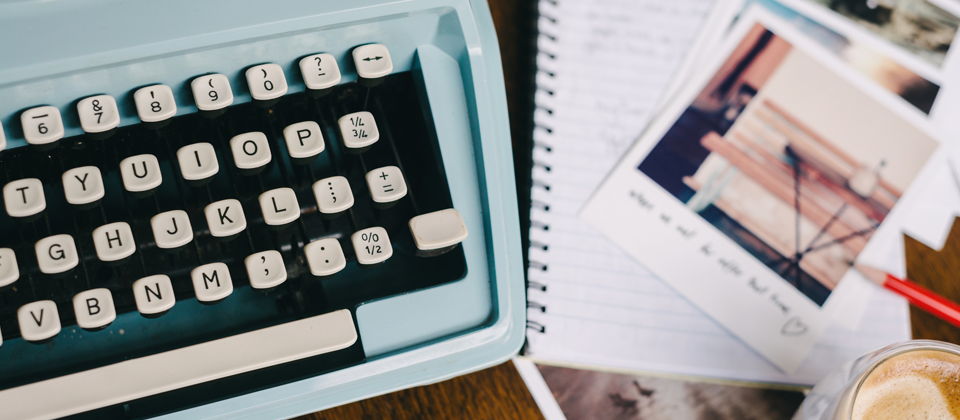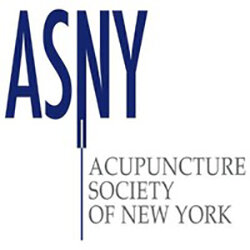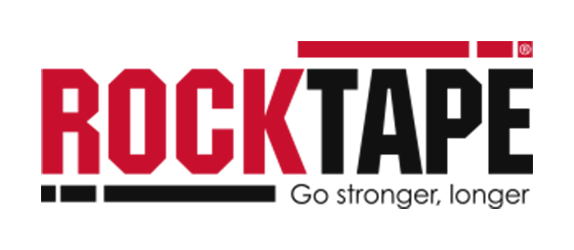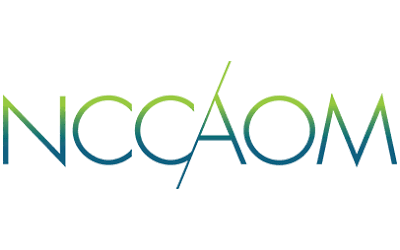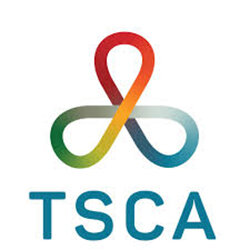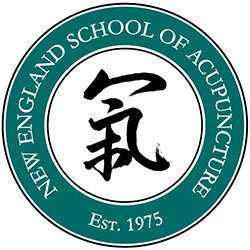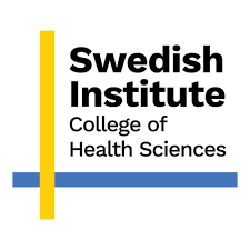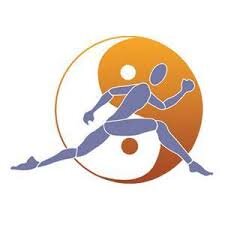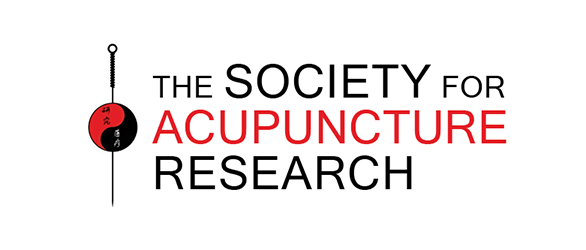Friendship and Community to Combat Loneliness: In an ever expanding world, of working from home, isolation is on the rise and with it loneliness. Loneliness is a big problem in the US, in fact it is considered an epidemic. This can be especially serious for men's mental health. When under stress, men tend to withdraw socially and that can lead to depression and more isolation; a vicious circle. Statistics show than men are four times more likely to take their own lives than females and represent 78% of all suicides. The cultural paradigm of boys not crying or that being a “man” is putting on a brave face can lead to not acknowledging which leads to not seeking help. Having a support system of friends, family or partners that men can feel safe and not judged is important. Activities that are geared towards collaboration and giving back to the community can create a sense of accomplishment and connect to something greater. E.g habitat for humanity, church or religious community activities, learning a new skill such as bread making.
Sleep: Studies show that people who don’t get enough sleep or deep sleep have lowered immune functioning. This is because during sleep our body produces cytokines, a type of protein that targets infection and inflammation. There are many other health risks associated with lack of sleep such as heart disease, diabetes and depression.
Poor sleep can impair cognitive function and just one night of missed sleep causes a toxic build up of beta amyloid, this protein is associated with Alzheimer’s disease.
Not taking stress seriously: Many say, “I’m not stressed if I don’t ‘feel it’.” Men in particular may not think they are experiencing stress unless it is something big, like a life event or something they can’t “handle”. So when they experience back pain, digestive problems, fatigue, weight gain, infertility or insomnia they cannot see how stress plays a significant role. Low levels of stress on a daily basis lead to more susceptibility headaches, sore throats, colds and flus as well as chronic illnesses such as heart disease, hypertension and diabetes. Stress and anxiety wreak havoc on the immune system.
Mind body: Research shows that having a mind body connection improves overall health by increasing awareness of our mental, emotional and physical state. This is something culturally men are not encouraged to do. Practices such as yoga, tai chi and qi gong are known as moving meditation and help to calm the nervous system and have better focus. It is also a way to manage stress and support healing instead of ignoring physical problems.
Alternative and Chinese medicine: Chinese medicine includes acupuncture, herbal medicine, body work and energy healing that looks at the whole person. Acupuncture stimulates the nervous system to go into the natural healing state and to seek homeostasis. Seeing and alternative and Chinese medicine practitioner can teach you had to be your best health advocate and offer natural solutions to improve health and longevity.
Heart health: Heart disease is the leading cause of death for men in the US. Men are 50% more likely to have a heart attack compared to women. Men can develop heart disease in their 40’s long before cardiovascular symptoms show up. Early signs of heart disease that may not seem related such as erectile dysfunction is one of them.
Excess weight: over 100 million Americans are considered obese and 1 in 5 deaths is related to excess weight. The myth of being overweight and fit is a myth. What is important is to look at body mass index and also at the waist measurement. Men with a waist circumference greater than 40inches are considered to have more visceral fat that contribute to heart disease, blood pressure, cholesterol and diabetes. Excess weight also affects hormone levels and is linked to higher incidence of prostate cancer.
Drinking alcohol: Studies show alcohol is shown to suppress the immune system even in moderate amounts altering the actions of the cells. A fever is the immune system’s response by elevating the temperature to fight off a bacterial infection or viral attack. Alcohol impairs the anti-inflammatory proteins that regulate the immune responses.
Dehydrating: Alcohol is dehydrating. It is important to be hydrated so that your body can eliminate the toxins via sweat or urination. Sweat is the way the body cools itself down and flush the system.
Sugar: the sugars in alcohol are linked with bacterial overgrowth in the small intestines, when someone is fighting an infection, you don’t want to create a crisis by feeding the bacteria.
Cancer: increase risk of mouth, throat, liver and colon.
Men have consistently higher rates of alcohol consumption and one of the most commonly abused substances. Men are more likely to binge drink compared to women, and have higher alcohol related deaths. Alcohol interferes with testicular function of male hormones that can result in impotence and infertility (a growing issue for couples trying to conceive).

